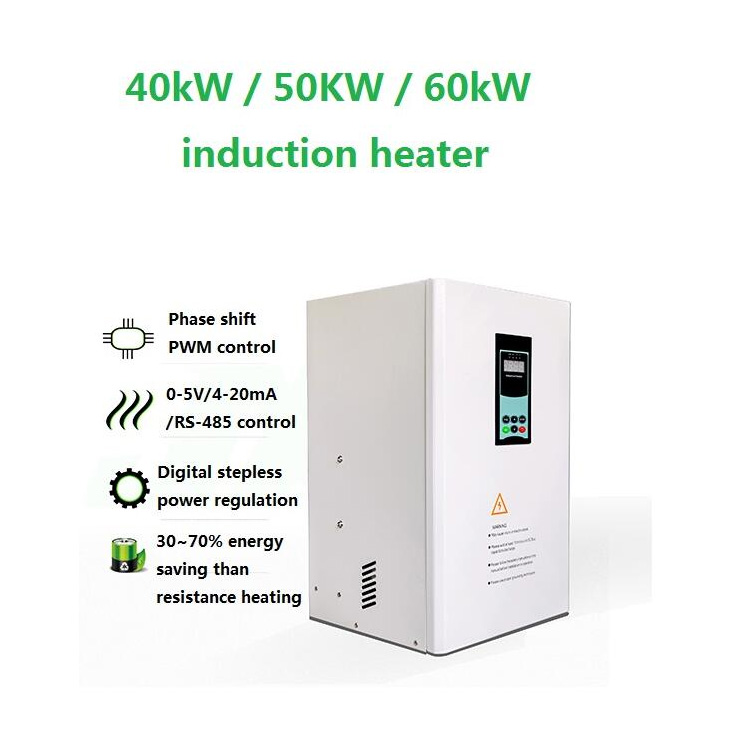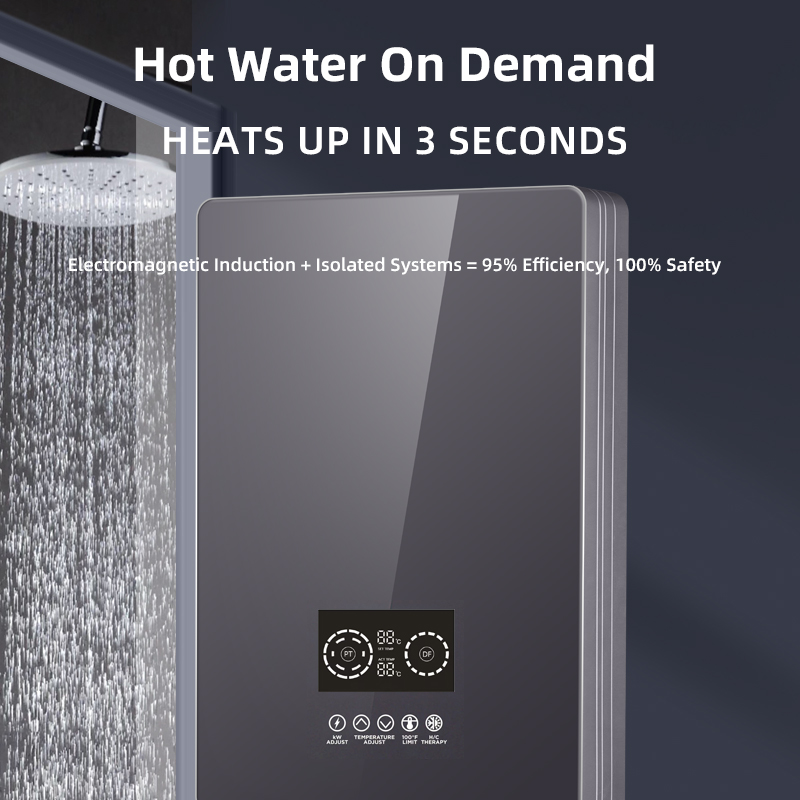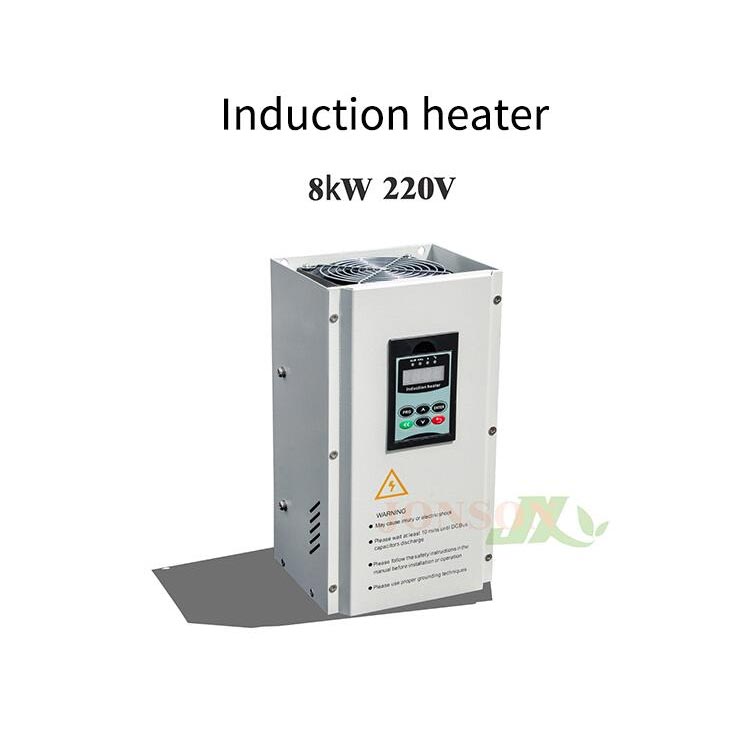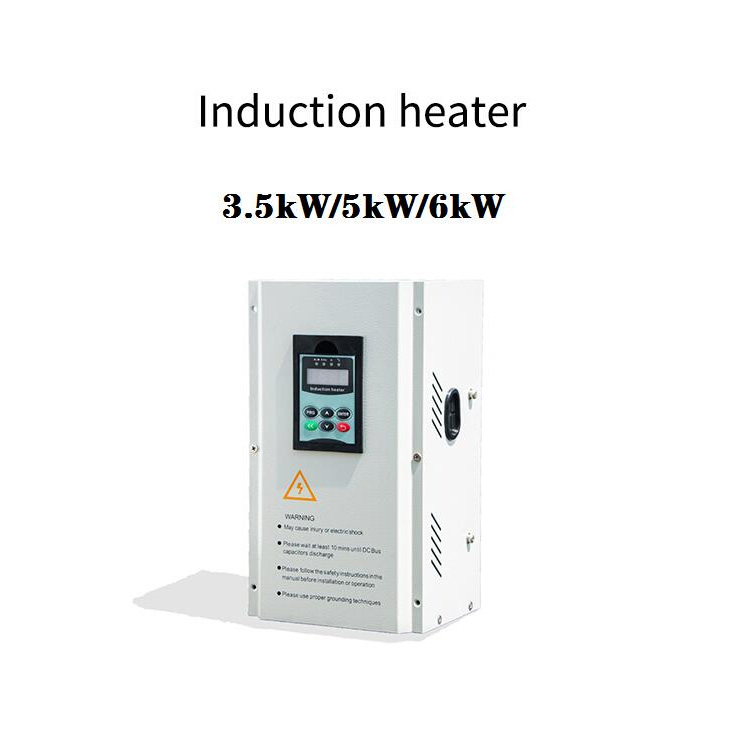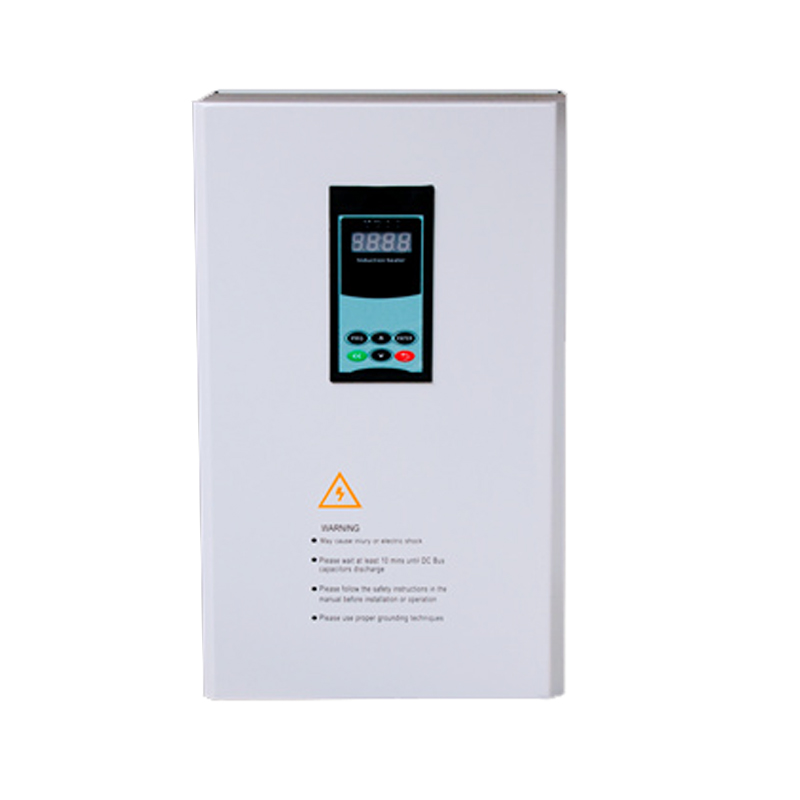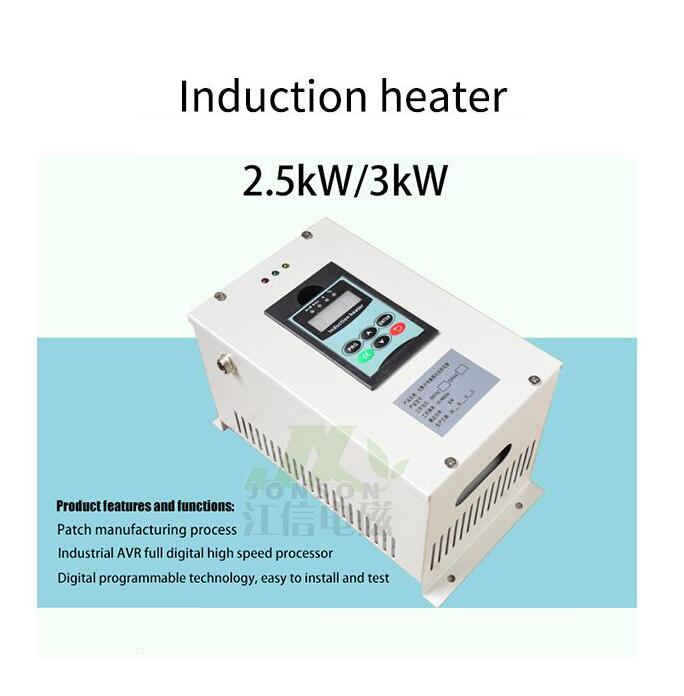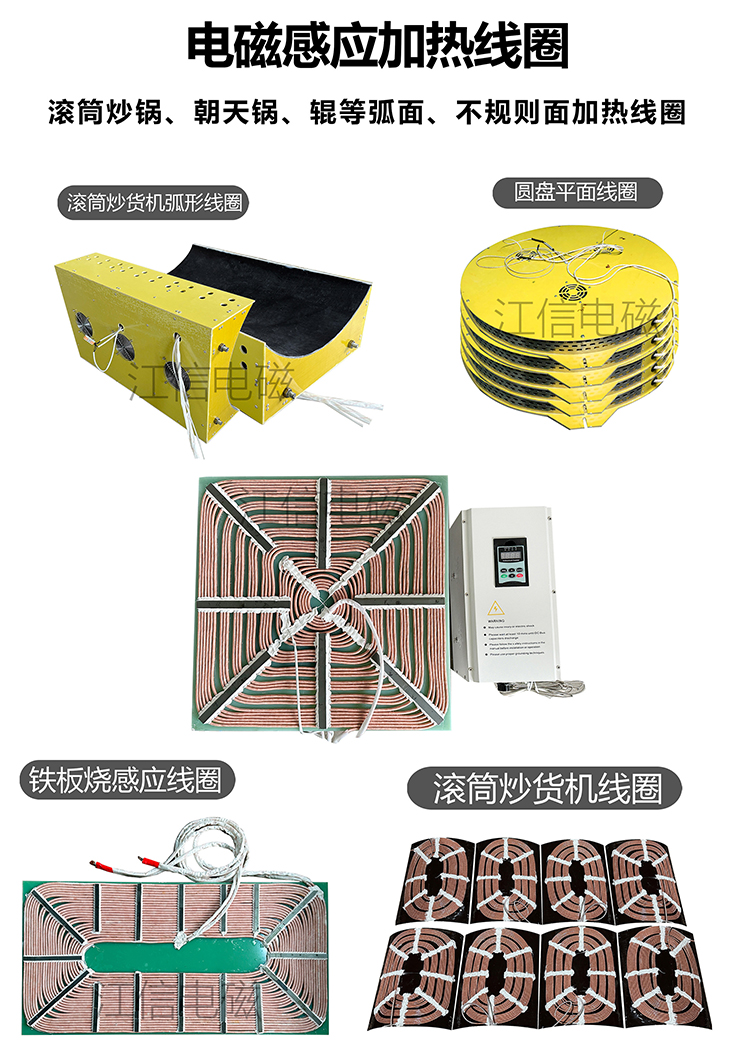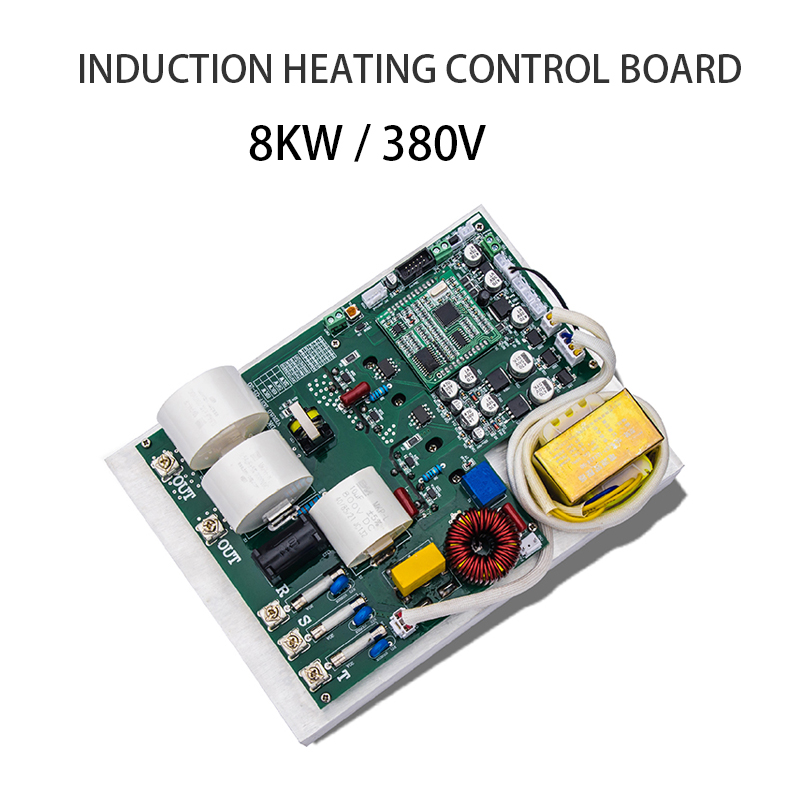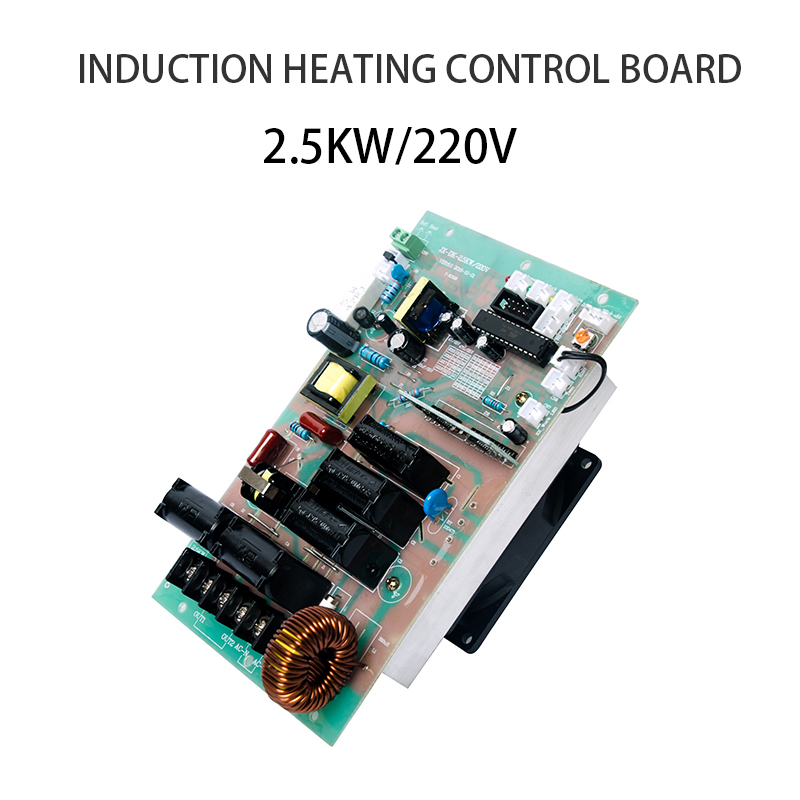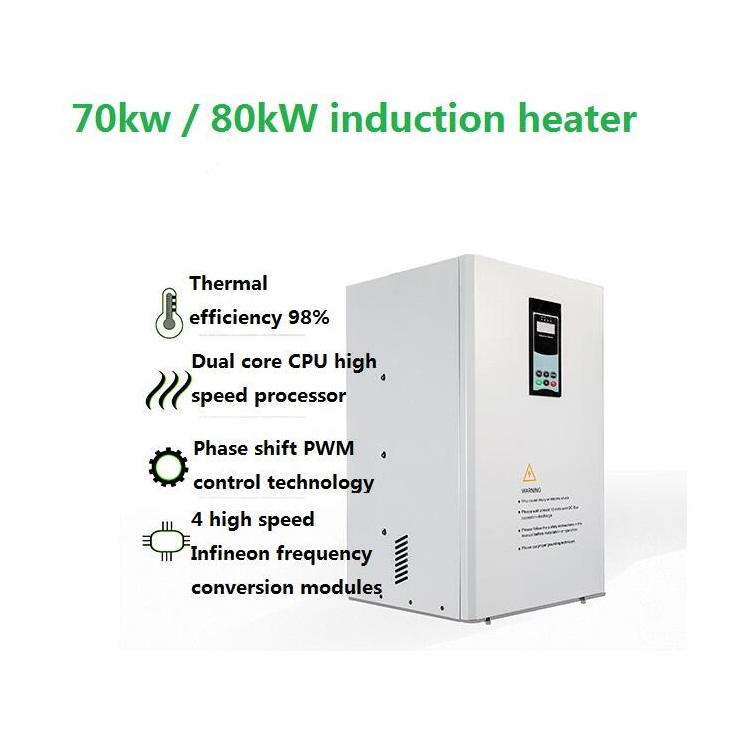Customization of industrial induction heater coils is a crucial process for optimizing the performance of induction heating systems. These coils are used in various applications, such as hardening, brazing, welding, tempering, and forging, where precise control over heat distribution is vital. Since every heating application comes with unique requirements, customizing the coil design ensures maximum efficiency, better heat penetration, and improved results for specific materials and geometries.
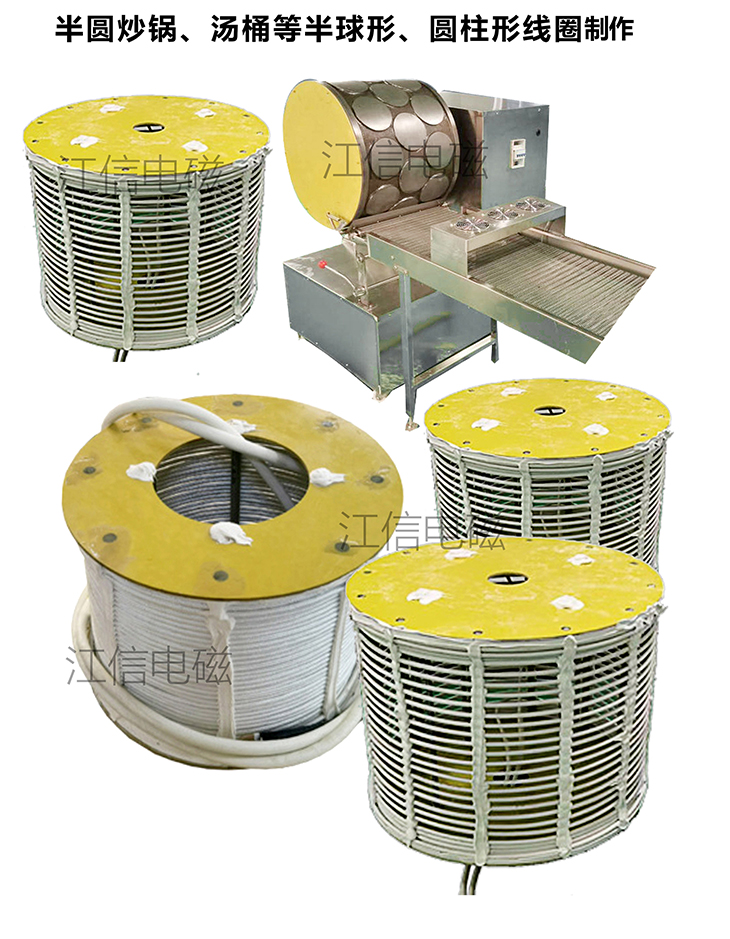
Key Factors in Customizing Induction Heater Coils
1. Application Understanding
Customization starts with understanding the specific heating requirements of the application. The purpose of the heating process〞whether it's for hardening, melting, brazing, or tempering〞determines how the coil should be designed. Factors such as heat depth, workpiece geometry, and material type influence this step. For example, hardening requires deep, localized heating, while brazing or welding demands precise, shallow heat.
2. Coil Geometry and Shape
The shape of the induction coil plays a significant role in how effectively it delivers heat. Common coil designs include:
1).Helical coils: These are ideal for heating cylindrical workpieces such as pipes or rods.
2).Spiral coils: Used for local heating on smaller parts or for uniform heat distribution.
3).Flat coils: Designed for flat or sheet-like workpieces, providing controlled heat in specific regions.
4).Custom coils: When standard designs don*t meet the specific geometry of the workpiece, custom coils are created to fit the exact shape or size needed for uniform heating.
The coil*s geometry directly impacts the efficiency of heat transfer, with designs tailored to maximize the interaction between the coil*s 91勛圖厙 field and the workpiece.
3. Material and Conductivity
Induction heater coils are typically made from copper or copper alloys, given copper's high electrical conductivity, which enables efficient energy transfer. The choice of material for the coil depends on the operational temperature, the frequency of use, and the cooling method. In some high-performance applications, special coatings may be applied to prevent oxidation or wear.
4. Induction Frequency and Power Requirements
The operating frequency of the induction heater coil is another critical design consideration. Higher frequencies result in shallow heating (ideal for surface hardening), while lower frequencies provide deeper penetration (needed for tasks like through-hardening). The coil design must match the desired frequency, as the impedance of the coil affects how well it resonates with the power supply and how efficiently it heats the material.
The coil's power requirement also plays a role in the size and design. Larger, more powerful systems require thicker wire gauges and often additional cooling systems to prevent overheating.
5. Cooling Systems
Induction heating generates significant heat, and the coil must be cooled to maintain operational efficiency. Water-cooling systems are commonly used, with coolant circulating through channels in the coil to dissipate heat. The design of the cooling system is integrated into the coil customization process to ensure optimal cooling and prevent coil overheating.
6. Impedance Matching and Power Transfer
The coil needs to be electrically matched with the induction heating power source to achieve maximum efficiency. If the coil*s impedance is not appropriately matched to the power supply, the system may suffer from inefficiencies, overheating, or equipment failure. Custom coils are designed to match the specific impedance requirements of the application, ensuring the power is transferred optimally to the workpiece.
7. Durability and Maintenance
Industrial induction heater coils need to be durable and capable of withstanding the thermal cycling and wear from constant operation. Custom coils are designed with materials and structures that increase their lifespan and reduce the need for frequent maintenance or replacements. Factors like coil construction, material thickness, and choice of insulating materials are key to improving durability.
Conclusion
Customization of industrial induction heater coils is a highly specialized process that aims to optimize the induction heating process for specific applications. Whether for precision surface treatment, deep penetration heating, or specific workpiece geometries, a tailored coil design ensures efficiency, cost-effectiveness, and reliability. Each design decision〞whether related to coil shape, material, frequency, or cooling system〞contributes to the overall success of the induction heating system. Through proper customization, industries can achieve precise, controlled heating, enhancing product quality and process efficiency.

